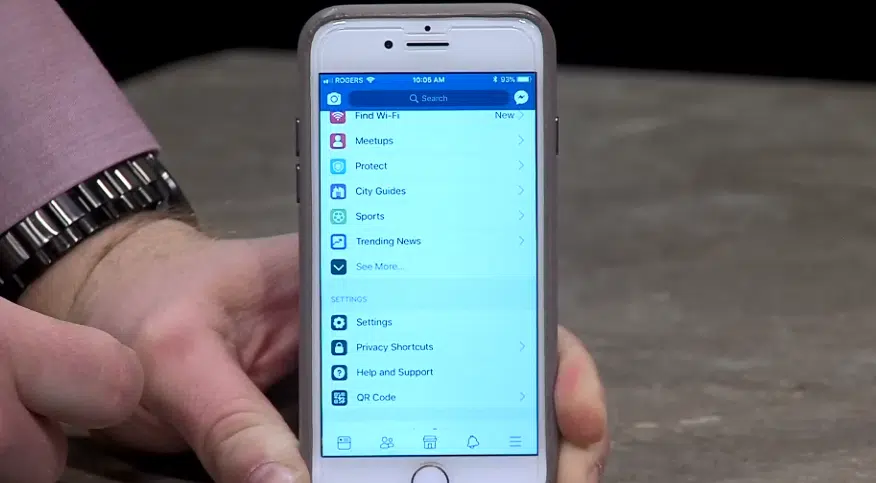
Social media users are fertile ground for data farmers
MANY OF YOU are probably not aware of this, but back in 2004, when Gmail was launched, Google would digitally scan your emails and based on what you had written, would specifically target you with ads that were felt to be relevant to the content of your email.
This invasive use of what you likely thought to be confidential information explains why, when you wrote your sister saying you were thinking of buying a new chesterfield, that furniture ads suddenly started appearing in your feed.
Since most people were unaware of this, the complaints to Google at the time were minimal and therefore ignored, so the practice continued for the next 13 years and only stopped last year.
You will probably remember the annoying Farm Ville and Candy Crush craze on Facebook where players were encouraged to share their results and in the process give permission for the app to data mine you and your friends. The only thing being farmed was every intimate detail of your life.


